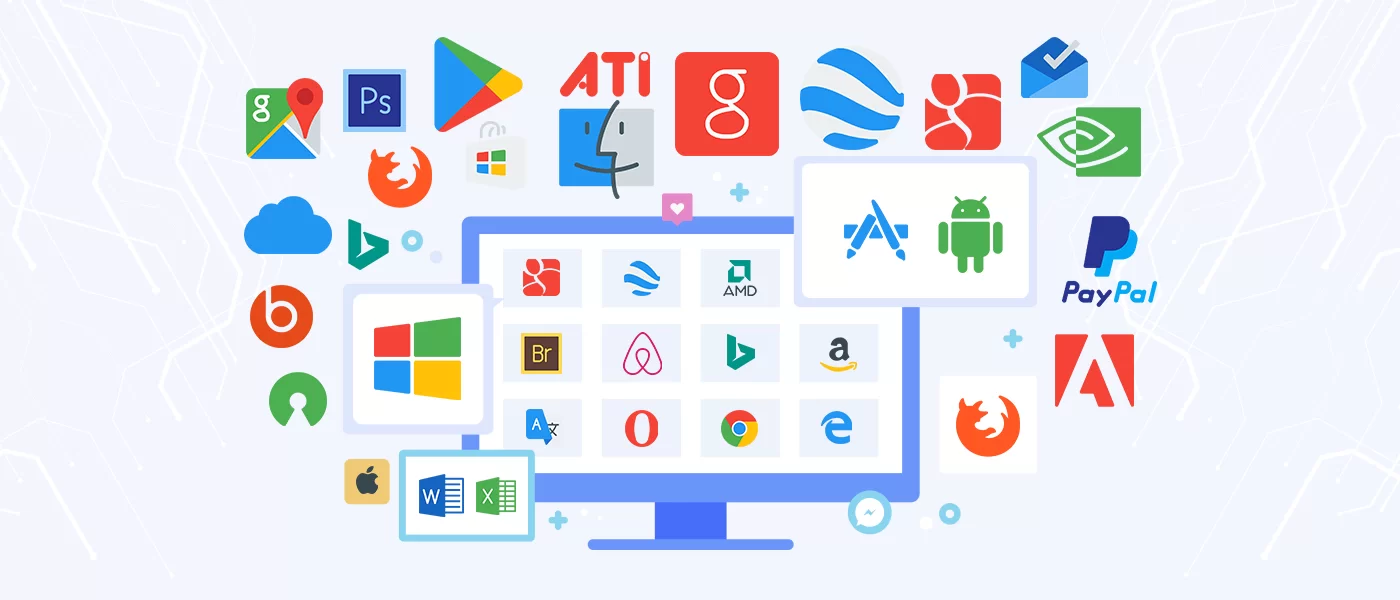Performance Management Software – Required or Not?
by siteadmin

Performance management software, previously seen as a luxury for well-established companies, is becoming an increasingly popular business process management solution. This concept arose to counter the issue of many employees not receiving regular feedback about their performance, which can become evident when an employee feels that he or she has no clear idea of what is expected of them at work.
At first sight, this sounds like a very positive idea. Many employees appreciate regular feedback and many companies find that this provides the perfect platform to use when they are deciding whether or not an employee is suitable for promotion. However, it can become apparent that companies may be investing too much time and money into creating unnecessary processes rather than simply using tried and tested methods that will give them the same results. This leads us to consider whether performance management software is necessary or required in today’s business world?
There has been a lot of debate about this subject recently, however, there does seem to be some notable points on both sides of the argument:
1) “Performance Management Software Can Enhance Processes”
One argument against the idea that performance management software is not required in business is that it can actually enhance the processes currently within an organization. By developing a bespoke system that caters to the business’s specific needs, companies are able to make more informed decisions about their employees and can easily share this information with them using electronic portals or online facilities.
Additionally, if any changes need to be made to improve these processes; for example, if there are too many managers assessing employee performance, then they can simply input new values into the computer program itself rather than having to waste time making manual adjustments. A great benefit of this is that it reduces human error when sharing information between departments which means that all employees who use the system receive accurate feedback; something which previously lacked from most companies.
Many managers are also finding that this software has contributed to their overall workload significantly – they can often be bogged down with employee data which is not necessary. However, some argue that this problem would probably exist whether performance management software was in place or not, so it may prove difficult to implement a solution to the issue.
2) “It Doesn’t Save Companies Money”
Opponents of performance management software suggest that it doesn’t actually save companies money; if anything, it sometimes costs them more than doing things manually. There are many different systems on the market and each one can vary in price based upon its functions and capabilities which means that larger organizations may find themselves investing lots of money into something they could have done themselves.
This is especially true for companies that are only just beginning to develop their own internal processes; it can be extremely time-consuming to create your own bespoke system when there are already some very effective, high-quality software solutions available containing all the features you need. This can lead us to consider whether these systems are an essential investment in today’s business world, or may actually prove to be a waste of money if they don’t fit with company standards and processes?
3) “Performance Management Software Provides Accurate Data”
One of the biggest worries about manual performance management systems is that managers cannot always rely on them being accurate; information inputted at the time isn’t always checked and double-checked before employees receive their appraisal feedback which means that it is possible for incorrect information to be communicated. Since this can easily lead to problems down the line, many companies decide that investing in performance management software will solve this issue because it is very thorough and user friendly (with lots of guidance available online if required).
4) “It Can Lead To Bias”
One major problem with using the software within an organization is that it can lead to systematic bias; managers are often subjecting employees who they don’t like or get on well with, to much harsher reviews than those they favour. This ultimately leads them to make biased decisions when doing appraisals which can prove problematic in the long run because employees may start acting upon materials that aren’t necessarily true. This is a significant drawback of using this type of software within companies and it certainly needs to be addressed.
5) “Employees Aren’t Treated Equally”
Despite the many benefits which these systems provide, employees still aren’t being treated equally by them as some are able to reach higher levels than others who may deserve it more because they have better experience or qualifications. This can prove extremely demoralizing for everyone involved in an organization’s internal appraisals which ultimately scares away potential new recruits into that organization; people often prefer not to work at places where rewards aren’t deserved or distributed evenly.
6) “Performance Management Software Isn’t Wise To An Organization’s Culture”
Organizations become successful because they follow a certain culture and ideology; this can include workforce culture which provides an environment where people like to work and feel happy. It is important that performance management software fits in with the organization’s strong sense of culture because if it doesn’t, employees will begin to think about leaving, especially if they notice a lot of their colleagues doing so. This type of software may not be wise enough to take into account things such as organizational culture, which makes it useless in some cases.
7) “It Can Lead To Employee Resentment”
As well as being time-consuming for managers, performance management software also brings the added responsibility of storing all relevant data on its various servers so that members of staff can access them when required. If this isn’t done well, employees may feel as if their information is being held hostage and won’t trust the system by which they are judged. This can lead to a lot of resentment throughout an organization and negatively affect staff productivity because people will constantly be worrying about what others think of them, leading to losses in motivation.
Manual processes like pen and paper to monitor their progress against deadlines are no longer efficient ways to manage workforce output. The introduction of performance management software allows managers the ability to track the work output of their teams in real-time via web-based applications. With this data they can easily monitor the performance levels of every member on staff, often providing weekly updates by email.
Performance management software also provides a way to streamline the entire performance management process, from employee hiring to promotion and termination. Unlike popular job board services, where candidates have to apply for a position before hearing back from an employer, some performance management software allows managers to post tasks on their platform as needed, with only those who meet the criteria receiving a message about it. This saves time by removing any need for face-to-face meetings or email correspondence that might otherwise delay the application process.
However, some people say that having a performance management system in place is not always necessary. They argue that since employees generally complete tasks based on what they believe is expected of them, there is no real advantage gained by providing them with more detailed instructions about their responsibilities. It could even be argued that the introduction of such a system could be seen as micromanaging, which can often lead to employees feeling insecure and/or de-motivated.
When it comes to deciding whether performance management software is suitable for your business, one thing is clear – there will always be positive and negative opinions on the subject, but it’s up to you as an employer or manager to make that decision based on all available information.
Performance management software, previously seen as a luxury for well-established companies, is becoming an increasingly popular business process management solution. This concept arose to counter the issue of many employees not receiving regular feedback about their performance, which can become evident when an employee feels that he or she has no clear idea of what…
